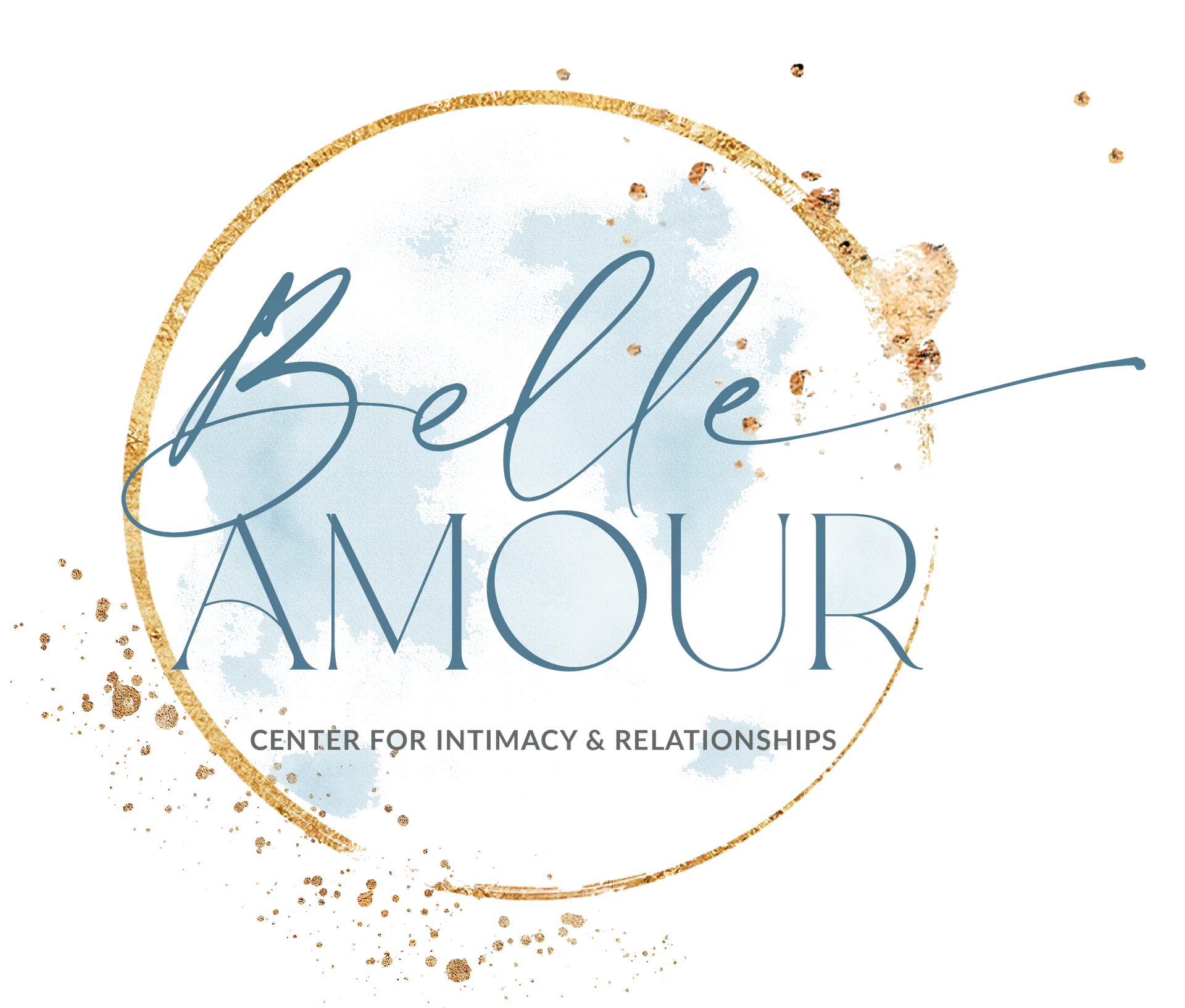Gottman Method Couples Therapy
Dr. John Gottman & Dr. Julie-Schwartz-Gottman received the Psychotherapy Networker Lifetime Achievement Award 2021 for their award-winning Gottman Method Couples Therapy and their extraordinary lifetime contribution to the scientific research in psychotherapy, The Love Lab, and the innovative couples therapy.
Drs. John & Julie Gottman are world-renown clinical psychologists that have conducted empirical research studies on over 3,000+ couples over the past 50+ years. Dr. Gottman has a 91% prediction of divorce rate and has differentiated couples’ behaviors with successful marriages and heading towards separation or divorce.
Gottman Method Couples Therapy contains an essential custom individualized treatment plan that provides you with the information and skills to manage these challenges and establish a meaningful and satisfying relationship.
The Gottman theory’s foundation provides a framework for couples to improve awareness, connection, empathy, intimacy, and understanding, leading to relationship success.
Do You Have Challenges in Your Relationship?
- Ambivalent of whether to stay or leave
- Unable to effectively communicate with each other
- Having the same arguments over and over again
- Feeling emotionally disconnected and detached
- Ongoing conflict with no resolution
- Experiencing emotional or sexual affairs
- Mismatched sexual desires
- Financial and money issues
- Differences in parenting styles
Sound Relationship House Theory
- Building Love Maps– knowing the complexities of your partner’s perspective and worldview
- Sharing Fondness and Admiration– thinking about one another in admiring ways as opposed to being critical
- Turning Toward– partners are open and responsive to one another’s offer of connection in the relationship
- Positive Perspective– couples in a healthy relationship have a 5:1 ratio of positive to negative communications
- Managing Conflict– six skills that are essential and vital to constructive conflict management and negotiation
- Making Dreams Come True– being supportive of one another’s hopes and dreams in life
- Creating Shared Meaning– Building a meaningful foundation with your partner for a satisfying relationship
What Should We Expect?
The therapist establishes a collaborative relationship with the couple by sharing their relationship history, challenges, hopes and dreams, and couples therapy objectives.
- Evidenced-based research on couples relationships
- Gottman Connect Relationship Questionnaire Analysis
- Assessment of the relationship’s strengths and weaknesses
- Establishing admiration, fondness, and respect for the couple
- Implementing behavioral interactions and learning new skills sets for each element of building a solid relationship
- Developing intimacy and trust with your partner
- Repairing and recovery of betrayals and regrettable incidents
Assessment
The assessment consists of a three-session process: First, the therapist meets with the couple to complete the Oral History Interview, which includes how the couple met at the beginning of their relationship, dating period, decision to commit or marry, wedding and honeymoon, first-year adjustments, parenthood adjustments, highlights and low points of the relationship, the family of origin, parents’ relationship, love maps and rituals of connection. The second and third interviews consist of an individual interview with each partner. They include the individual’s narrative, family history, previous relationships and marriages, commitment to relationship, hopes, fears, and expectations of couples therapy, cost-benefit analysis of the relationship, previous and current intimate partner violence, previous and current extra-marital affairs, anxiety, depression, PTSD, OCD, adverse childhood experiences, traumatic life events, and alcohol and substance use.
Additionally, the couples complete the Gottman Connect Relationship Questionnaire form individually regarding each area of their relationship. At the following session, the therapist will provide the couples’ analysis results and a personalized treatment plan and interventions. The therapist collaborates with the couple to meet relationship objectives and goals.
The purpose is to support the couple in moving through the Sound Relationship House theory by utilizing specific interventions. Therapeutic intervention includes building upon a foundation of friendship and intimacy, deepening the connection, managing conflict effectively, replacing negative communication with positive interactions, compassion, empathy, understanding, forgiveness, and repairing past betrayals and injuries.
Benefits of Gottman Method Couples Therapy
The essential component for a couple is learning how to build friendship and admiration, achieve self-awareness and an understanding of their partner, promote a positive perspective and outlook within the relationship, and create shared meaning and rituals of connection within the relationship.
The Four Horseman of the Apocalypse
The Four Horsemen are often predictors of a relationships’ demise. However, with the proper antidotes and interventions, couples can learn how to repair and manage their conflict and recover their relationship while promoting healthy communication skills and building intimacy. The Four Horsemen are Criticism, Contempt, Defensiveness, and Stonewalling.
Criticism
Criticism is attacking and belittling your partner’s personality or character instead of addressing the actual behavior. Criticism implies that there is something wrong with him or her.
A healthier alternative is to provide a complaint to your partner to address a specific action that speaks directly to the behavior you would like to see implemented. So, instead of stating a criticism, “What is wrong with you? A complaint address the action you would like to see changed. For example: “The dishes are dirty in the sink and are piling up. Can you please place them in the dishwasher? An antidote would be to use a soft startup in your communication with your partner.
Contempt
Contempt is the most destructive and is a high predictor of separation and divorce. A statement or nonverbal behavior(such as rolling your eyes) condemns your partner’s core sense of self. It shows deliberate disrespect for your partner and puts them down in the process. Other examples include name-calling and sarcasm. An antidote for contempt would be respectful to your partner; learn to let go of narratives that make you the victim. Provide your partner with the benefit of the doubt in the situation. Be appreciative and grateful when they do something right for you.
Defensiveness
It is protecting oneself from a perceived attack from your partner. When providing an apology or explanations for behaviors, it tends to follow with reasons that justify that you are right and blame your partner for what has happened. An antidote is taking accountability and responsibility for your part of the problem. Then, summarizing and repeated back to your partner what they have stated and validated their feelings and view on the situation.
Stonewalling
It is walking out on your partner or not listening to them, including silence, changing the subject, and leaving the area. It involves resistance to engage in healthy conversation and discussing the matter because you would prefer not to say what you are feeling and thinking to your partner. Your partner’s perception of stonewalling is feeling ignored and unloved.
The antidote to stonewalling is to learn to emotionally self-regulate and self-soothing and then re-engaging in the conversation when you are calmer. Taking a twenty-minute timeout is proactive and helpful in allowing time for calmness.
Couples therapy provides the treatment plan and effective interventions to break negative toxic patterns of behavior and learn healthy behaviors to restore harmony in your relationship.
References
Gottman, J., & Silver, N. (1999). The seven principles for making marriage work (p. 7). New York: Crown.
Gottman, J. M., & Silver, N. (2012). What makes love last: How to build trust and avoid betrayal. New York: Simon and Schuster.
Herrin, T.C (2009). The Analysis of an Integrated Model of Therapy Using Structural and Gottman Method Approaches: A Case Study. All Graduate Theses and Dissertations. Paper 368. http://digital commons.usu.edu/etd/368
The Gottman Institute. (n.d.). Retrieved from http://www.gottman.com

